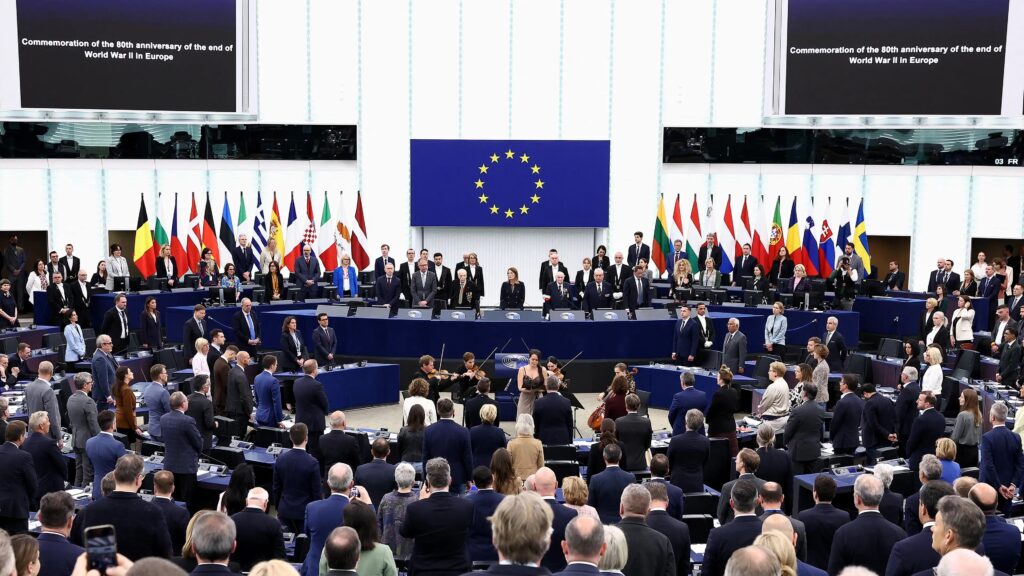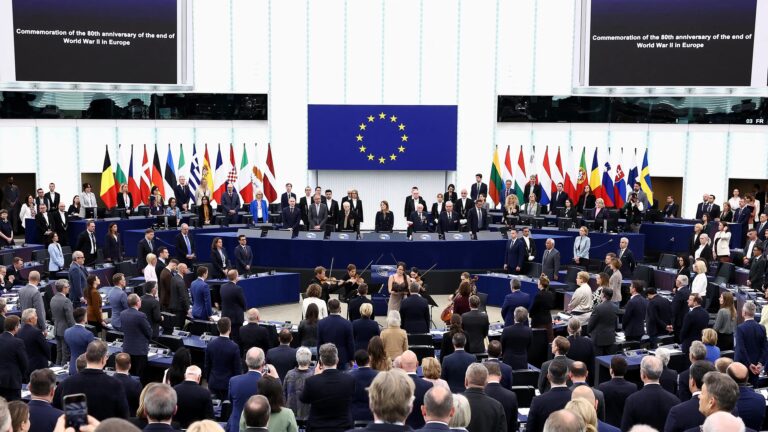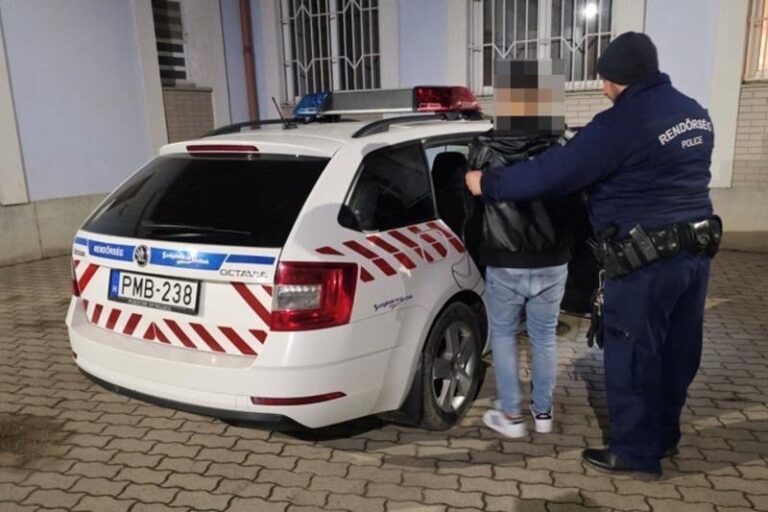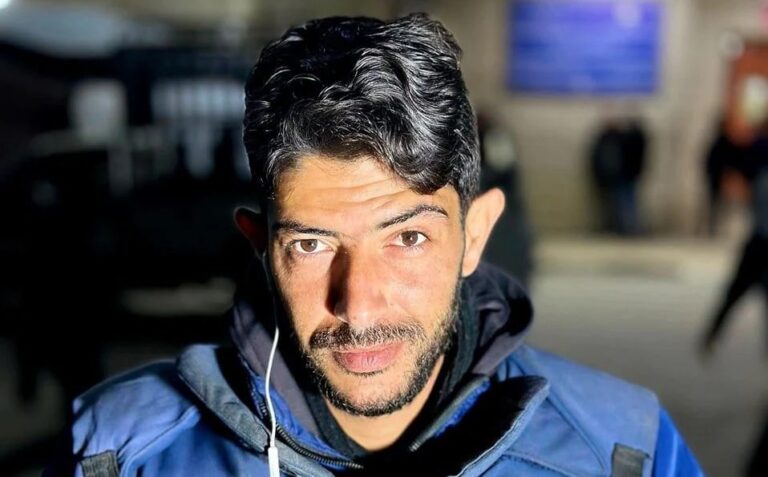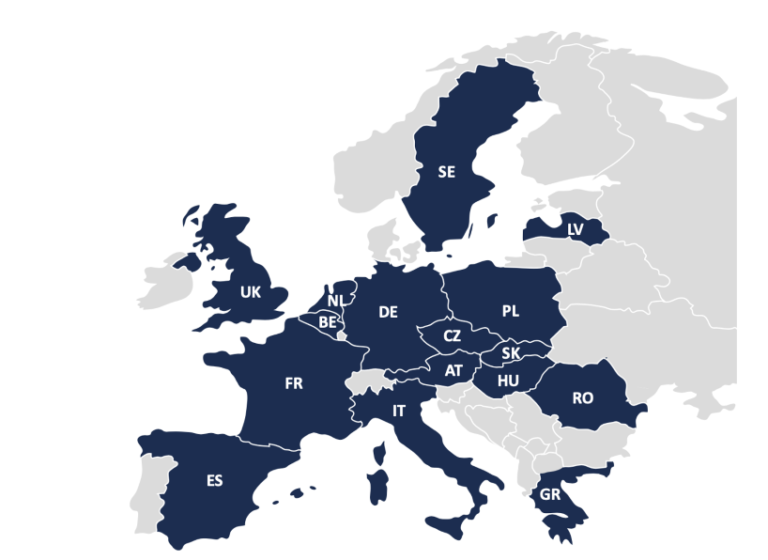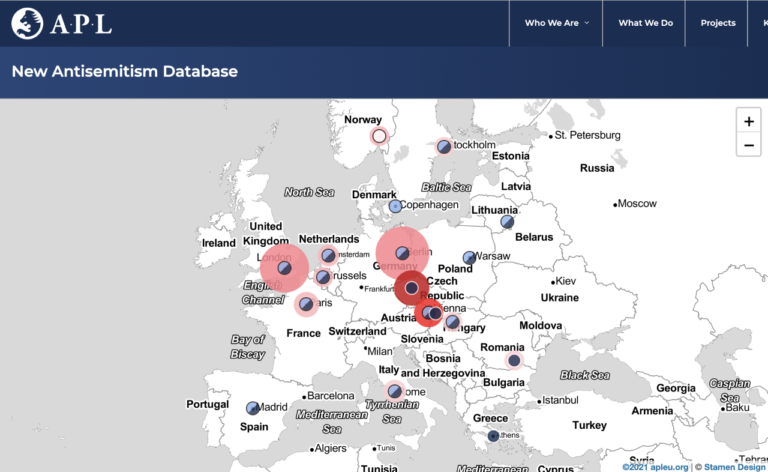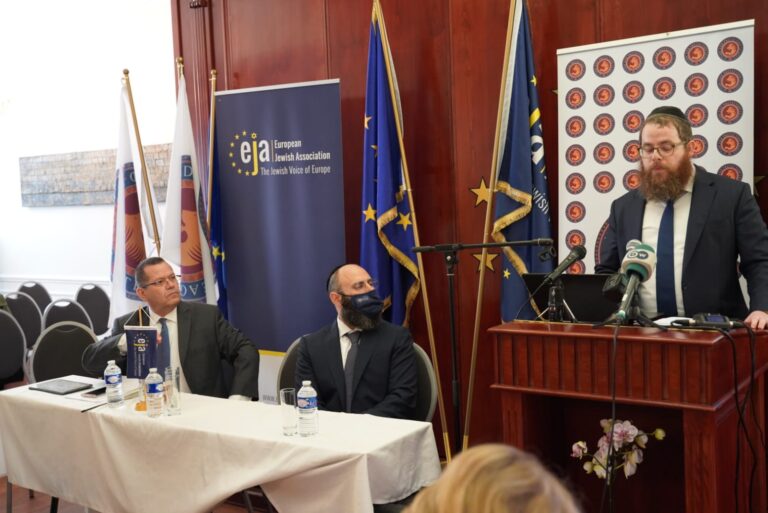The European Parliament has voted decisively to freeze financial aid to the Palestinian Authority (PA) until incitement to hatred and antisemitism is removed from its school textbooks, in a landmark resolution passed on Wednesday, reports Y Net News.
The decision follows repeated warnings from EU bodies and watchdogs about violent and discriminatory content in educational materials used by both the PA and the United Nations Relief and Works Agency (UNRWA). This latest vote, passed by 443 to 202, with 21 abstentions, marks the sixth consecutive year the Parliament has condemned such material. Still, it is the first time financial support has been explicitly tied to measurable reform by a set deadline.
Commissioner for Neighbourhood and Enlargement Policy, Olivér Várhelyi, initially suspended Palestinian payments following Hamas’s October 7 2023 terror attacks on Israel. His office commissioned the subsequent investigation that directly informed this week’s resolution.
Lawmakers from across the political spectrum demanded the removal of antisemitic references and incitement from the textbooks by the start of the next academic year in September. The Parliament warned that EU funding would not resume unless the Palestinian curriculum aligns with UNESCO standards and promotes peace, not extremism.
“Today the Parliament made it clear that Palestinian textbooks must not promote violence, incite hatred or spread antisemitism,” said Niklas Herbst, chair of the influential Budgetary Control Committee. “It is our responsibility to ensure that European taxpayers’ money supports coexistence, respect for human rights and mutual understanding.”
Gaza Curriculum Pushes Violence, Watchdog Report Finds
Despite previous assurances by the PA, a 2025 investigation by education watchdog IMPACT-se uncovered a newly revised Gaza curriculum laced with violent content. According to the report, Palestinian textbooks continued to glorify terrorism, call for jihad, and promote antisemitic narratives. These findings were shared with senior EU officials, helping catalyse the Parliament’s decision.
Marcus Sheff, CEO of IMPACT-se, praised the resolution as a necessary step. “It is unacceptable that European taxpayers’ money is being misused to fund an educational system that fuels the kind of extreme hatred and violence we saw on October 7,” he said. “Empty promises will no longer be tolerated.”
Eric Agassi, IMPACT-se’s London-based deputy director, added: “For six years in a row, the Parliament has consistently found no meaningful improvements in Palestinian educational content. The promises of reform have proven hollow. Credibility is on the line.”
The resolutions also targeted UNRWA, the UN agency for Palestinian refugees, citing evidence that some of its staff had participated in the October 7 attacks. The Parliament called for EU funding to be redirected to more accountable international partners such as the World Health Organisation, UNICEF, and the World Food Programme.
The resolution stated unequivocally: “No EU funds should be allocated to individuals or organisations linked to terrorist groups.”
This shift in EU policy comes with broad support from the centre-left, centre-right, and liberal factions in the European Parliament. MEPs agreed that European funds must never be used to instil hatred, particularly towards Jews.
Sabrina Pignedoli of the Socialist & Democrats group said: “We will not turn a blind eye when children are exposed to hate and division. Every student has the right to an education that fosters understanding and reconciliation, not fear and polarisation.”
Dutch MEP Bert-Jan Ruissen of the ECR group stated: “Education funded by European taxpayers must reflect the fundamental values of our continent—peace and mutual respect, not hatred and violence.”
Liberal MEP Joachim Schuster stressed: “Hatred and incitement cannot be part of Palestinian textbooks. Children deserve an education rooted in peace and mutual respect.”
This move by the EU Parliament represents one of the most assertive measures taken against the Palestinian Authority in recent years. It not only demands that inflammatory material be removed but also, for the first time, sets a clear timeframe and conditions for future EU engagement.
The European Commission, which has so far relied on verbal assurances from the PA, is now under pressure to verify textbook reforms before releasing any further aid. Marcus Sheff concluded, “The European Parliament is taking leadership and demanding accountability.”
Photo credit: Getty
